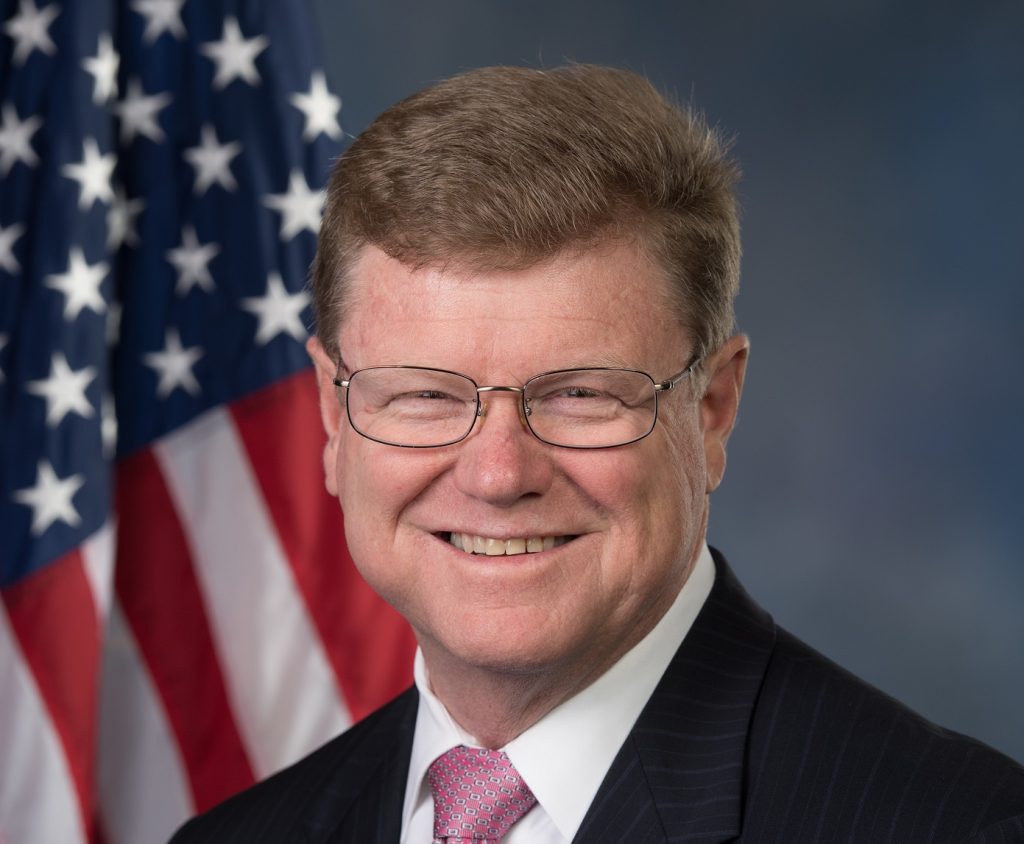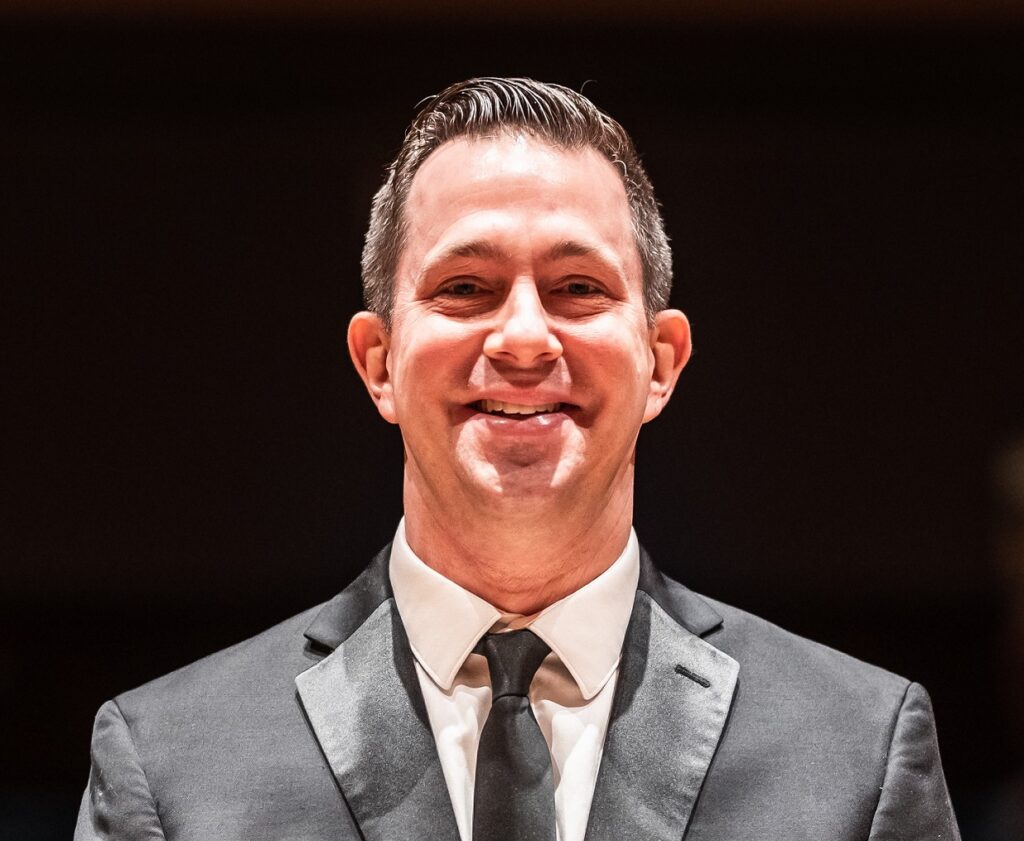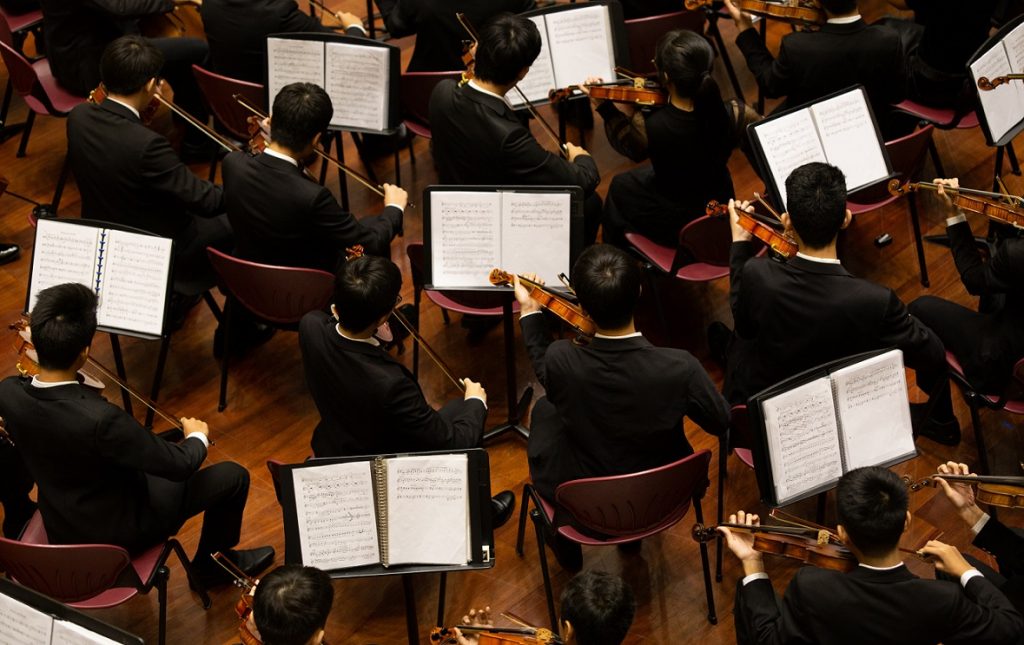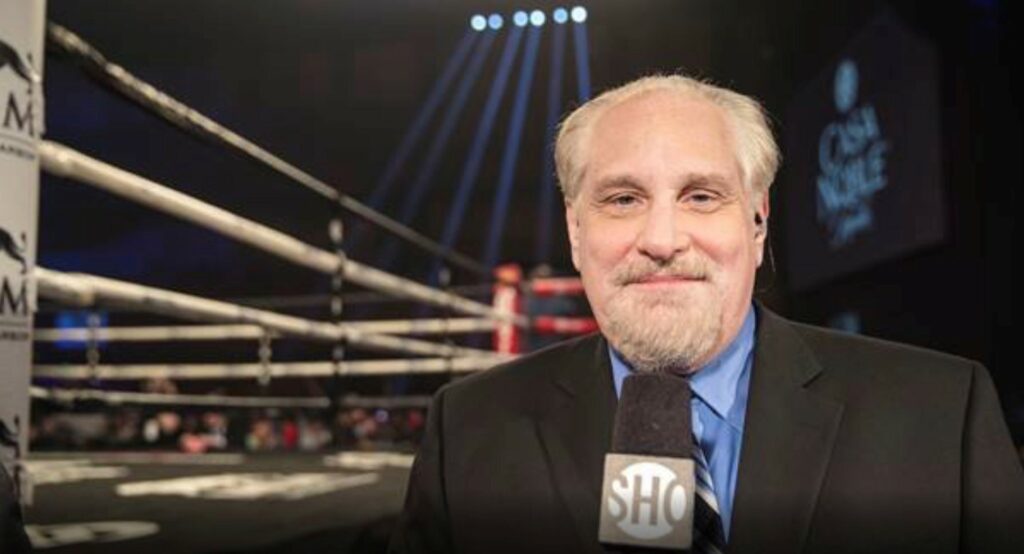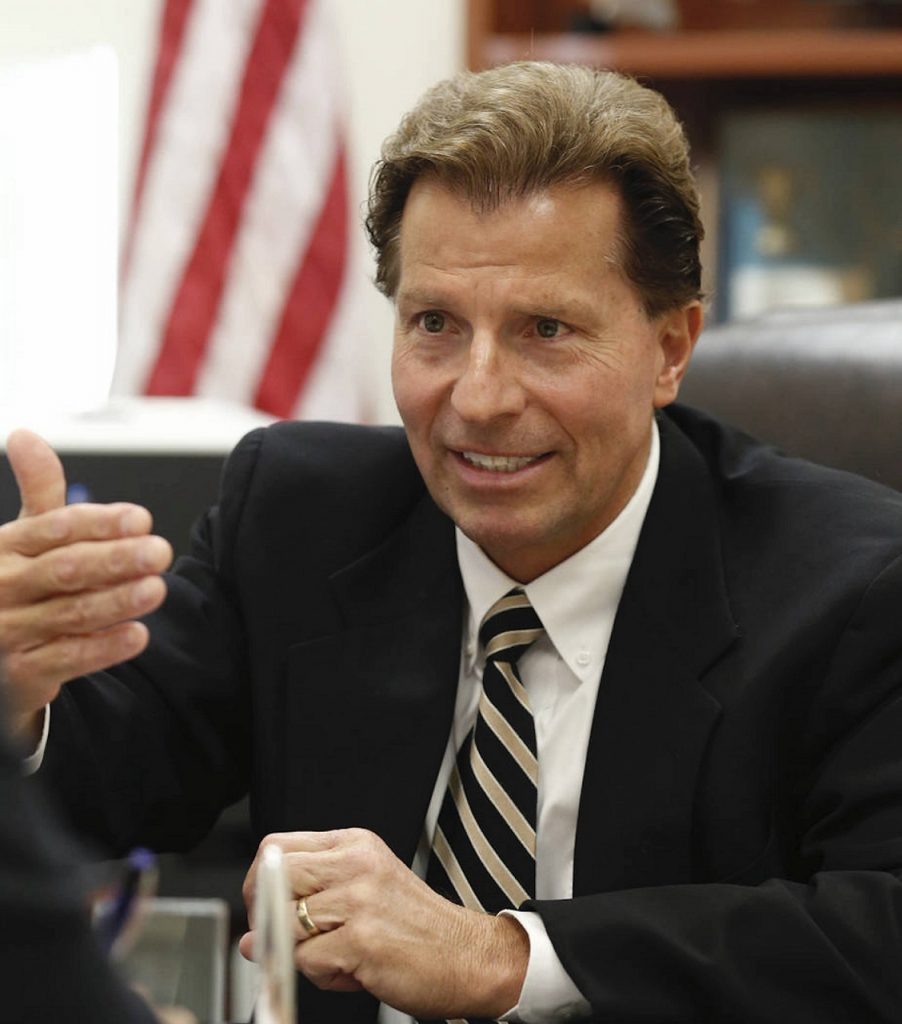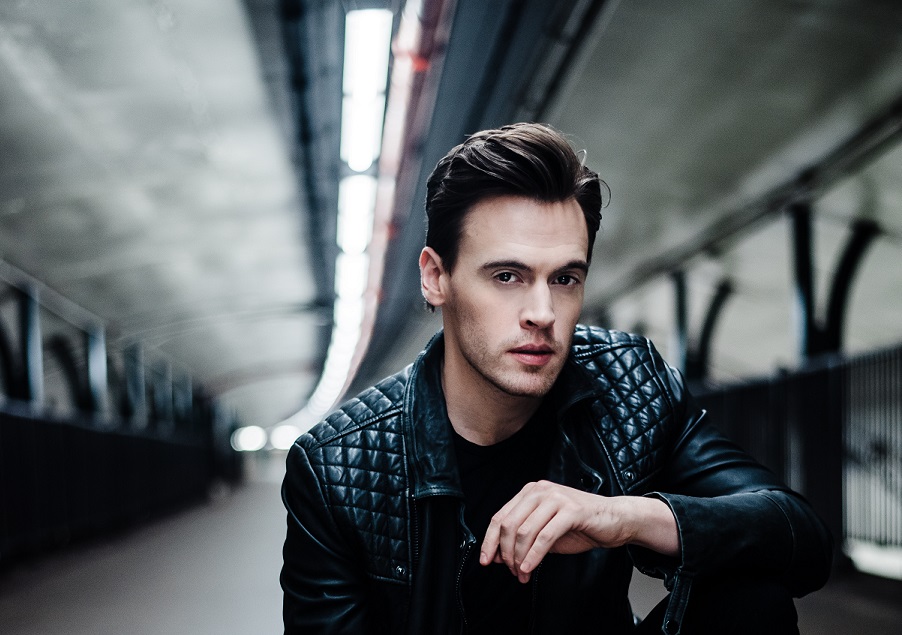Q&A with Composer Eric Whitacre
GRAMMY®-winning composer, Eric Whitacre, shares his unique and profound views about music education and more.
I am interviewing prominent people, some in the music industry, others not. For my first Q&A, I talked to prolifc GRAMMY®-winning composer and conductor Eric Whitacre.
I became aware of Whitacre’s special gifts many years ago when he was a standout undergraduate at the University of Nevada, Las Vegas. His world view — that music education can be the gateway to building a better society because it informs the way that children see the world — is inspiring, thought-provoking and well worth exploring.
Q. Exactly when did you know that you were going to make music the focus of your professional life?
A. I’ve always loved music. I can’t remember a time that I didn’t have it in my bones, but I’m not sure I thought that’s what I would do with my professional life. I clearly remember the first time I heard a piece that I had composed performed. I was 21, and up until then I had only written pop and rock music. At the reading session of this piece called “Go, Lovely Rose,” I was able to hear music I had written in the bodies and lungs and brains of other people.
It was a transcendent experience, and I remember thinking, “I have to figure out a way to make this my world. This is my vocation.”
Q. What is your biggest pet peeve?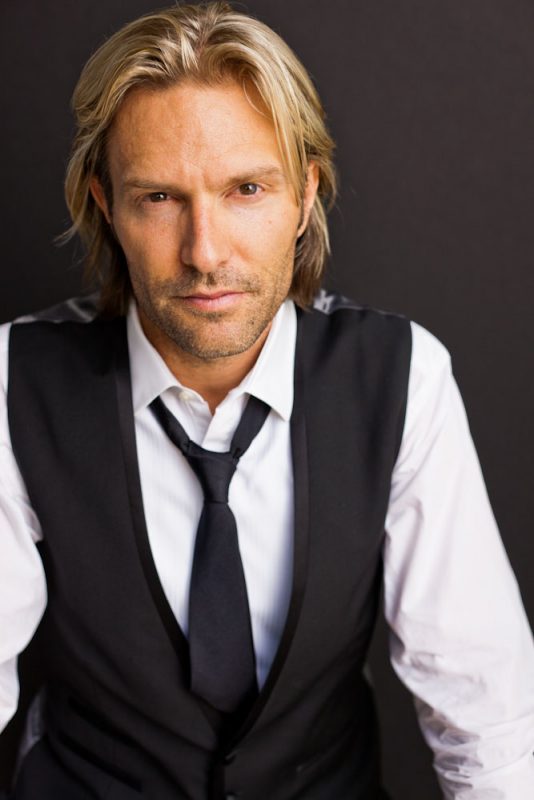
A. I don’t like negativity, especially when brainstorming an idea or in the throes of creativity. When people say, “no” or “that can’t be done” or “that’s not the way we’ve done that before,” it destroys the creative process.
I love that in improv, the No. 1 rule is “yes and …” Whatever question is asked of you in improv or whatever statement is made, you say, “yes” and then you add to it. You go!
In creative endeavors, I find that’s the best way to find the real juice and magic. Don’t say, “no.” Instead, say, “yes and … yes and … yes and …”
Q. Why is music important to humanity?
A. For me, music is a fundamental form of communication and expression. And by fundamental, I mean that it’s built in — it’s hardwired into our systems.There are studies that have shown that music creates empathy, compassion and a bond between people. There’s really no other discipline that creates a bond like this — and I don’t mean just a spiritual bond, but a biological, chemical bond.
Hormones are released in the brain that cause you not only to be less stressed but also cause you to bond — chemically bond — with people around you. I don’t think it’s overstating it to say that music will help save humanity — that the more we play music together, the better citizens we’ll all be.
Q. What is your favorite guilty pleasure food?
A .This is an easy one because I just came back from Christmas vacation, and I must have eaten my weight in M&Ms! My mother leaves them all over the house — literally every room has two or three bowls of Christmas M&Ms, and I can’t stop eating them. In my normal life, I usually eat very healthy with little sugar, but I do love those M&Ms!
Q. Why is it important to protect access to a musical education?
A. Children, even more than adults, absorb the lessons of musicianship, musicality and ensemble music making. Music transforms them. It informs the way they will see the world for the rest of their lives in profound ways and in ways that are important to building a better society.
On an individual level, access to music education just opens young peoples’ worlds! It’s not just music — they learn history, languages, sciences and mathematics all through the study of music! Even just the exposure to music — even if they don’t learn the hard lessons themselves, they learn it through an intuitive way. If it were up to me, everyone on Earth would have access to all the best music.
Q. Other than music, what brings you inspiration?
A. Everything! I’m inspired by literature, film, dance, art, poetry … but I’m also inspired by food and dancing (I’m learning tango now), and I’m hugely inspired by the natural world — by space, the beach, oceans. I’m also inspired by the physical underpinnings of the natural world. What makes a wave flow the way that it does?What makes space expand?What makes food taste the way that it does? I guess, ultimately, inspiration for me comes from a sense of fascination, and I tend to be fascinated by just about everything.
Q. What book is on your nightstand right now?
A. “Fear” by Bob Woodward — terrible nighttime reading, I have to say.
Q. What piece of music do you wish you had written and why?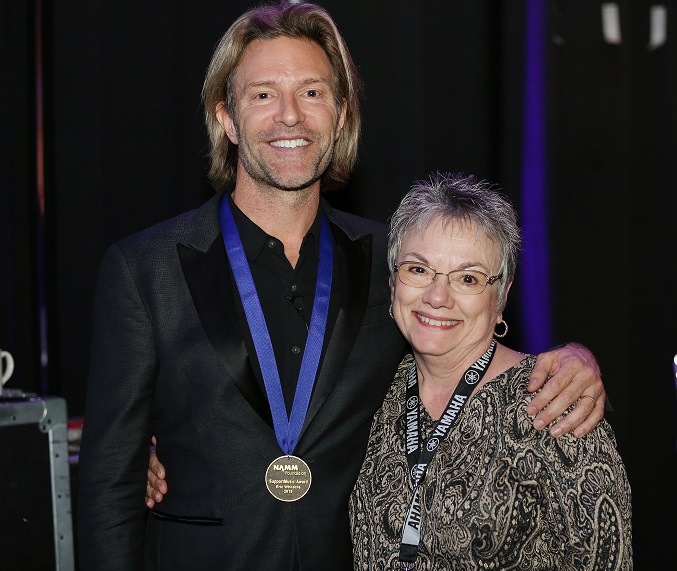
A. The list is absolutely endless! The first piece that pops into my head is the Fifth Symphony by Prokofiev – it’s just mind-blowingly good! It’s so clever and beautifully orchestrated, constructed and crafted. It’s also the kind of thing that I don’t think I could ever do myself. There’s a formality to it and an abandon in the way he uses the orchestra that I just don’t think I’ll ever be able to achieve.
Q. Which person from history, dead or alive, would you want to have lunch with and what would you discuss?
A. I’d like to meet Isaac Newton. By all accounts, he was a true genius but also a little left of center — a real creative thinker. I also think he was one of the last spiritual scientists … mystic scientists. I’m utterly fascinated by the things that he discovered and also stories about him.
Q. What is your most embarrassing moment that you can share?
A. This is going to be a terrible answer, but I don’t embarrass very easily.I really can’t think of many moments when I was embarrassed. I usually just laugh at myself and let it go. It’s a terrible answer, but that’s my best answer.
Photo by Marc Royce
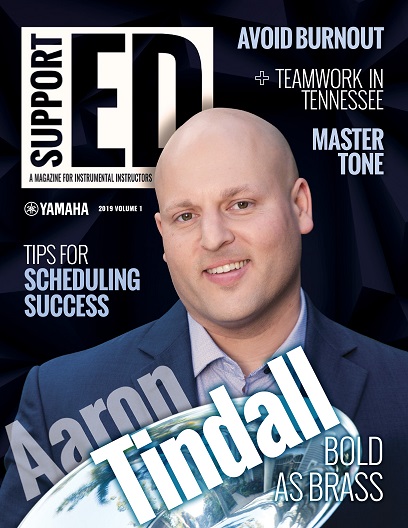 This article originally appeared in the 2019 V1 issue of Yamaha SupportED. To see more back issues, find out about Yamaha resources for music educators, or sign up to be notified when the next issue is available, click here.
This article originally appeared in the 2019 V1 issue of Yamaha SupportED. To see more back issues, find out about Yamaha resources for music educators, or sign up to be notified when the next issue is available, click here.










